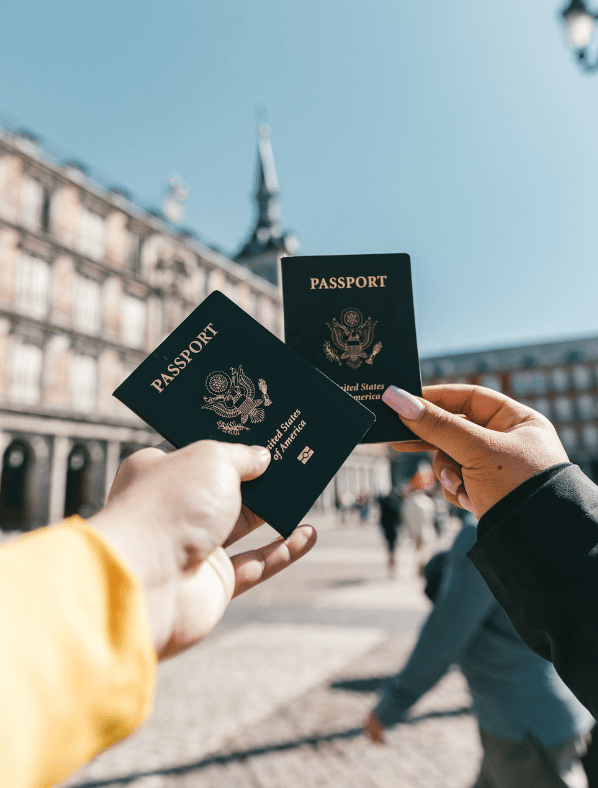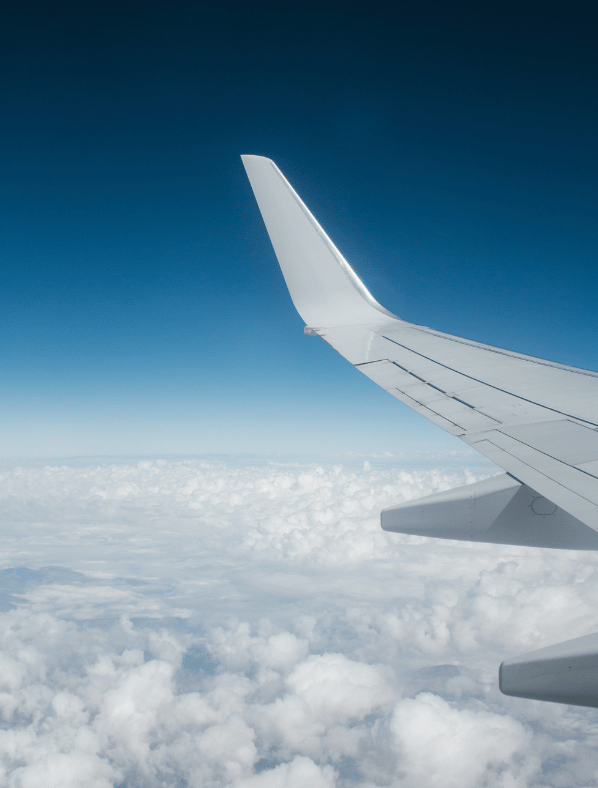
10 نصائح للتغلب على اضطراب الرحلات الجوية الطويلة
Jet lag occurs when our internal body clock is disrupted by our environment, which impacts sleep patterns, food cravings and mood. Light exposure plays a huge part in jet lag. Essentially, the amount of sunlight we get a day helps our bodies stay in balance through our internal clocks - otherwise known as ‘circadian rhythms’. Although this gradually changes throughout the seasons, a drastic change (e.g. changing time zone from one country to another) will disrupt your internal clock, thus causing jet lag.
While temporary, jet lag can dampen the first few days of a holiday; or, even worse, make the return home that little bit harder to swallow.
Luckily, there are steps you can take to avoid the chance of jet lag before, during and after your travels.
1. Book a flight so that it arrives at the destination in the morning local time, ideally as close to when you would usually wake up.
2. Control your light exposure a few days before you fly to trick your body clock into the new time zone. This might mean a few early or late nights in the build-up.
3. Sleep during the flight! Set a bedtime reminder for around your usual bedtime and switch off the film to get some shut-eye.
4. Drink water throughout the flight to avoid dehydration and grogginess.
5. Give yourself a good sleep setup, packing an eye mask, travel pillow and a set of your comfiest pyjamas in your hand luggage.
6. Walk around the plane and do some stretching between sleep and meals to keep the blood flowing and avoid cramps.
7. Avoid caffeine or alcohol - save it for when you get there!
8. Go outside when you can, to get some steps and sunlight in.
9. Avoid having a nap when you arrive - but if you have to, stick to the sweet spot of 20 minutes.
10. Remember to do the same for the journey back! You won't regret it.
Visit our Sleep Blog for more sleep and bedtime tips.




























